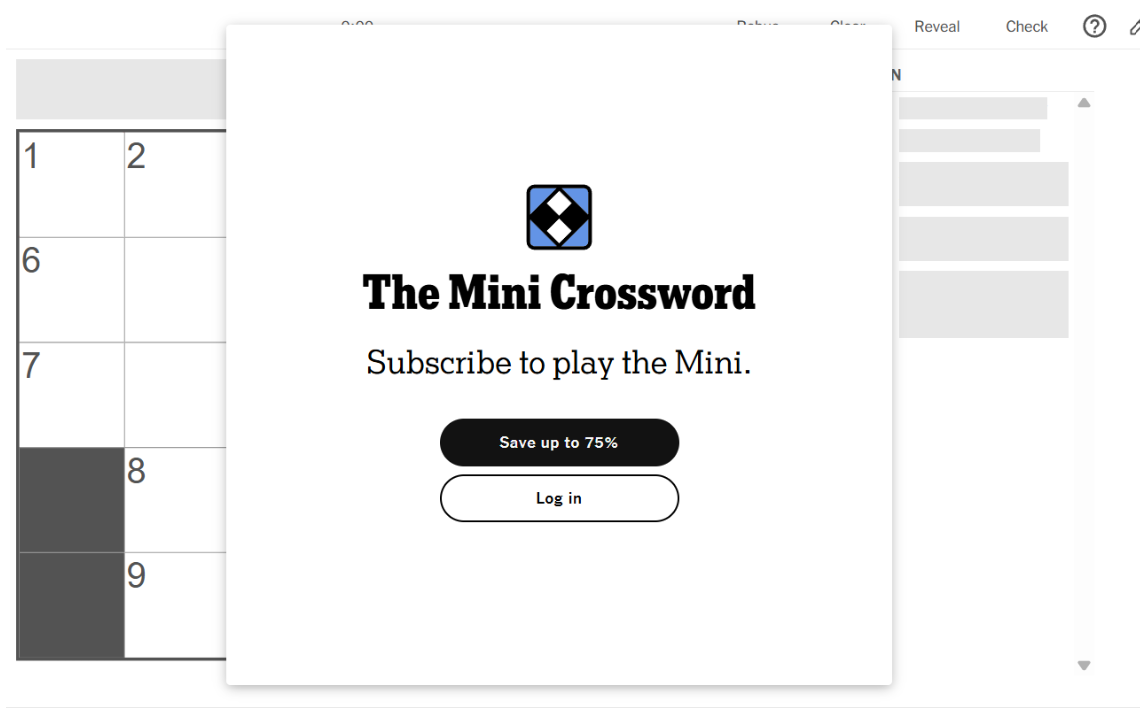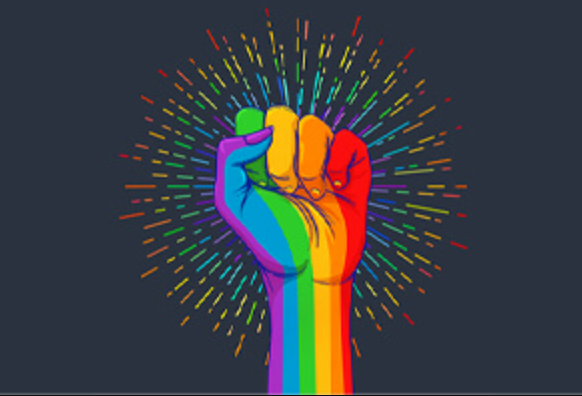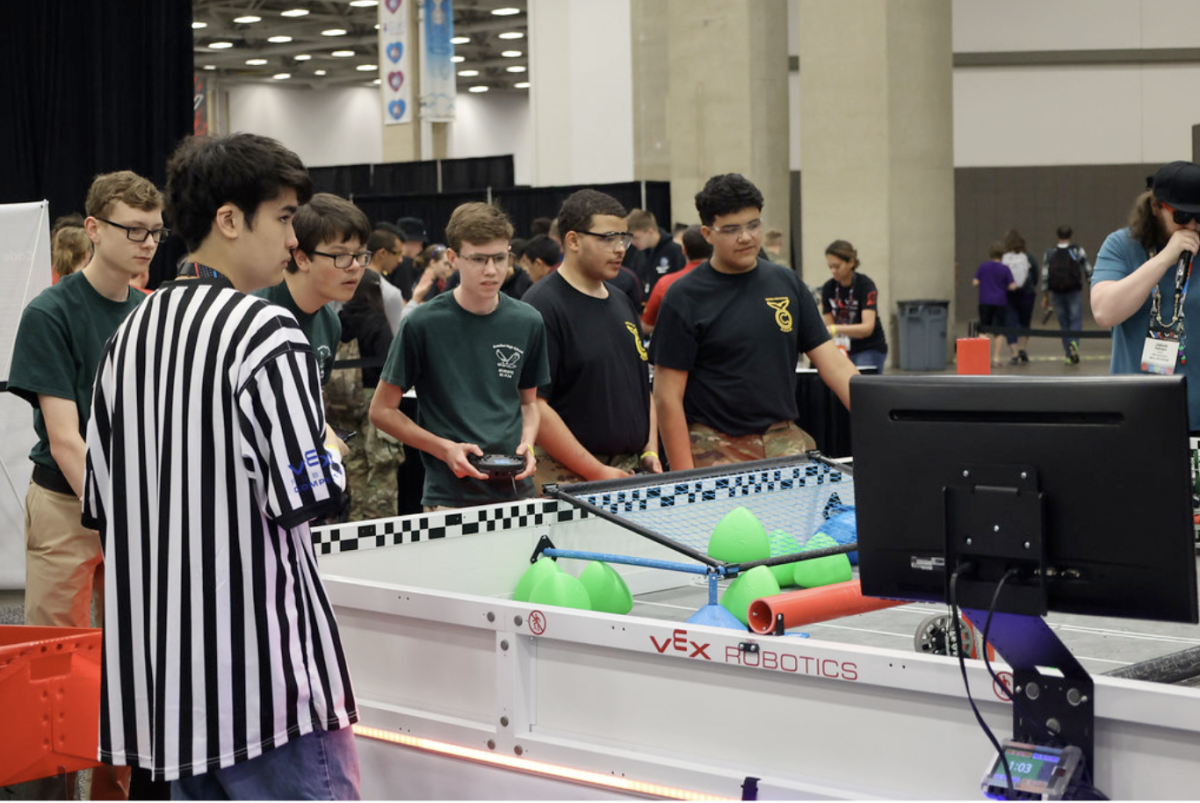A few seconds to a minute is all it takes for a powerful chatbot like ChatGPT to generate entire files of working code. With handy chatbots at hand, there’s the prevailing opinion that programmers are no longer needed. After all, anyone can just type a prompt and get an app or webpage done. That is to say, coding is dead, right? Well, not exactly.
This situation is much like the aftermath of every other technological advancement in history. Most major advancements in technology have not been received without controversy (remember when people thought spreadsheets would eliminate the need for accountants?), and artificial intelligence (AI) is no different, if not more pronounced in its generation of speculation. When large language models like ChatGPT and LLaMA were first popularized, they were received with skepticism as many predicted a universal AI takeover of jobs and traditional human activities. At one point, it seemed that the world was settling down and starting to become accustomed to the presence of AI in their everyday lives, using ChatGPT to their advantage to answer questions, explain complex topics, and write code, emails, and essays. However, when people realized that these models could be used to create HTML websites from simple written prompts, there was widespread panic as they recognized the possibility of their jobs being replaced by AI. These systems that were capable of writing complete computer programs could easily automate any one of their positions, whether it was a lawyer perusing through court cases or a doctor diagnosing a patient.
Even the programmers who were initially very proud of their contribution to the development of these models soon realized that they, too, could be displaced from their jobs. As university students panicked over their choice of major and as leading tech companies initiated large-scale layoffs to cut costs, a major question was raised: is coding dead?
To break it down, there are two perspectives that have been circulating on social media. On one hand, there are people claiming that programming as a future career is dead. All over social media, one can find TikTok videos or Instagram reels teasing engineering and computer science students in college, calling their jobs the path to homelessness in the current job market. On the other hand, there are the programmers themselves who defend themselves, saying that tools like ChatGPT are mere tools that provide minimal advantage over actual coding experience.
In reality, the situation is more nuanced, and both sides are correct in their own way. While there is the hard truth that coding as we know it is facing competition from AI models, the basis of creative problem-solving and logical thinking is likely to remain a human task for the foreseeable future. Instead of directly replacing programmers, AI-powered tools will supplement their capabilities and allow them to develop products more quickly while still allowing them to maintain the central role.
At the current state, AI models are not at the level where they can be employed unsupervised. AI can write useful code, but it can also get completely lost and become overconfident in its inaccurate answers. We are still at a stage where AI hallucinates arguments or functions that don’t even exist in projects or libraries, which requires human intervention to guide it in the right direction. There’s no denying that various platforms and models have made it more accessible and affordable to build software, but someone with programming knowledge still has to be in the loop to debug errors, implement custom logic, and tune performance. Especially for sizable projects with personalized platforms and complex, interconnected algorithms, coders will continue to be in high demand for companies. While ChatGPT and Copilot are great at generating sections of code, they lack the ability to link individual code snippets and functions into comprehensive applications.
Today, it’s almost impossible to go anywhere without some programming experience. Any occupation, from artists creating their own digital portfolios to school principals managing complex student databases, might require coding in their daily activities. While AI may eventually take over the manual process of writing code, we still need individuals who are capable of interpreting, reviewing, and applying that code.
Code generation models could outperform amateur coders in both skill and speed, but fluency in programming languages is not the only skill that is needed for a successful, working software. The process does not solely involve writing lines of code. Behind the blinking cursor must be someone with a strong foundation in logic, problem-solving, and troubleshooting. Coding is not the end goal, much like how many university students no longer take computer science as a major by itself but as a supplement to their other interests. Rather, it’s a fundamental building block in acquiring other fundamental skills and exercising our thought process.
What this means is that AI might only be helping us by expanding the pool of competent programmers and transforming the workforce to make software jobs more accessible. The difference between now and a couple of years ago is the type of position companies are seeking to fill. With the development of AI models comes a whole new set of responsibilities that didn’t previously exist in the job market. Perhaps the most important step in AI training is data acquisition and cleaning, which opens up new opportunities for data scientists. Along with this arises various safety concerns related to data, requiring people to ensure proper maintenance and cybersecurity. Similarly, we need people who understand how to properly prompt engineer AI systems to do (or code) what they want them to do, studying how human language influences AI performance. While AI may take away certain jobs, it creates new ones in their place.
The question remains: has coding died off because of AI? The short answer is no, at least not yet. Coding continues to represent the fundamental problem-solving skills that are required to understand the underlying mechanisms and issues of AI. We still have a long way to go and significant refinements to make before software development can rely solely on automated code generation. Until then, the demand for innovative thinkers will continue to grow.
Sources
Dewalt, Kevin. “AI Won’t Replace Programmers. Large language models can write… | by Kevin Dewalt | Actionable AI.” Medium, 13 December 2023, https://medium.com/the-business-of-ai/ai-wont-replace-programmers-eddf52c1839b. Accessed 1 April 2025.
Duranton, Sylvain, and Rob Monk. “Are Coders’ Jobs At Risk? AI’s Impact On The Future Of Programming.” Forbes, 15 April 2024, https://www.forbes.com/sites/sylvainduranton/2024/04/15/are-coders-jobs-at-risk-ais-impact-on-the-future-of-programming/. Accessed 2 April 2025.
Farmer, Brit, and Will Croxton. “ChatGPT and large language model bias.” CBS News, 5 March 2023, https://www.cbsnews.com/news/chatgpt-large-language-model-bias-60-minutes-2023-03-05/. Accessed 31 March 2025.
Khan, Syed Anees. “Coding Is Dead? Think again.. I had yet another argument with a… | by Syed Anees Khan | Diary of a Software Developer | Feb, 2025.” Medium, 4 February 2025, https://medium.com/diary-of-a-software-developer/coding-is-dead-think-again-5bb136644d7b. Accessed 2 April 2025.
Schmelyun, Andrew. “AI is a fad and programming is dead.” DEV, 30 April 2023, https://dev.to/aschmelyun/ai-is-a-fad-and-programming-is-dead-180f. Accessed 31 March 2025.

















![Teacher [Milk] Tea: Part 2](https://bisvquill.com/wp-content/uploads/2024/03/Screen-Shot-2024-03-19-at-9.28.48-PM.png)



































